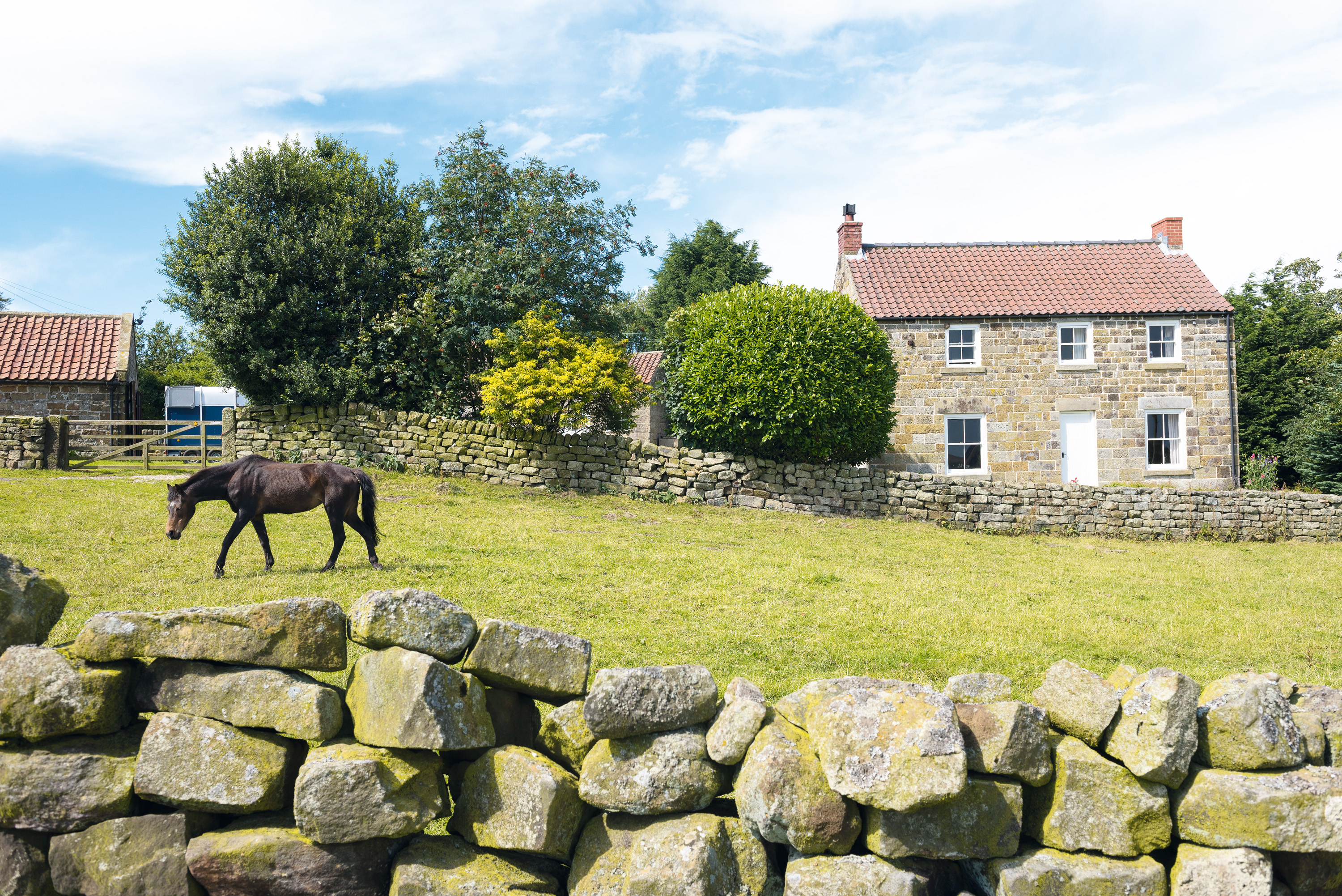
A new survey by farming insurance specialist NFU Mutual suggests that almost half of the population of the UK (47 per cent) yearns for the simplicity and self-sufficiency of a life on a smallholding. In fact, 58 per cent of the respondents named becoming self-sufficient as the main reason they would like to become a smallholder, closely followed by the desire to live a healthier lifestyle (54 per cent) and being happy in retirement (50 per cent).
Somewhat worryingly, though, only 22 per cent of would-be smallholders are (understandably) deterred from taking the plunge by the realisation that it would be hard work.
There are approximately 45,000 smallholdings in the UK, ranging in size between one and 12 acres. A smallholding is typically understood to be a dwelling on a piece of land that is larger than an allotment and smaller than a farm, and is used primarily for the purpose of keeping the resident self-sufficient. Smaller-sized smallholdings (up to five acres) tend to be used primarily for the growth of fruit and vegetables and poultry, while larger ones can accommodate livestock. According to the NFU, only 24 per cent of existing smallholders report making any profit.
So, what if you are serious about committing to a life working the land? Here are just some of the realities you need to take into account:
- Research and forward planning: if you are just planning to sell your urban property and make just enough to feed your family, you might just make it. However, make sure that you have backup funds in case of a bad year (a frequent problem when you are relying on the harvest).
- Be prepared for expenses: particularly if you are planning on keeping livestock, be prepared that after all the expense involved in animal welfare, the slaughtering and butchering fees, there will be very little, if any, money left.
- Don't plan on profits for at least five years: thinking of setting up a full-time business on your smallholding, perhaps a veggie box delivery or growing flowers for sale? Think even more funds and more forward planning, with profit in the first five years highly unlikely.
- Early mornings, late nights: keeping animals also involves early rises and late nights (particularly around calving or lambing season).
- Be prepared to forego holidays: you'll be committing to smallholding full-time, for all of the year.
Determined to press on? Then you'll need advice about choosing a smallholding, and this all depends on your needs, funds – and the level of material comfort you need to live happily.
What a smallholding is in practice ranges from a simple bungalow built on agriculturally tied land (meaning if you live there, you have to prove you work in agriculture or forestry) to large mansions where the land is very much a secondary consideration, and may be there primarily for equestrian uses.
Still not put off? You'll be happy to know that, despite the difficulties, smallholders report being very happy with their choice to lead a simpler life; it can work, if you are fully informed and are prepared for a complete lifestyle change.
Join our newsletter
Get small space home decor ideas, celeb inspiration, DIY tips and more, straight to your inbox!
Anna is a professional writer with many years of experience. She has a passion for contemporary home decor and gardening. She covers a range of topics, from practical advice to interior and garden design.
-
 These are 7 of the sunniest places to live in the UK
These are 7 of the sunniest places to live in the UKWant to maximize your chances of seeing the best weather? These are the places you could move to around the UK...
By Anna Cottrell Published
-
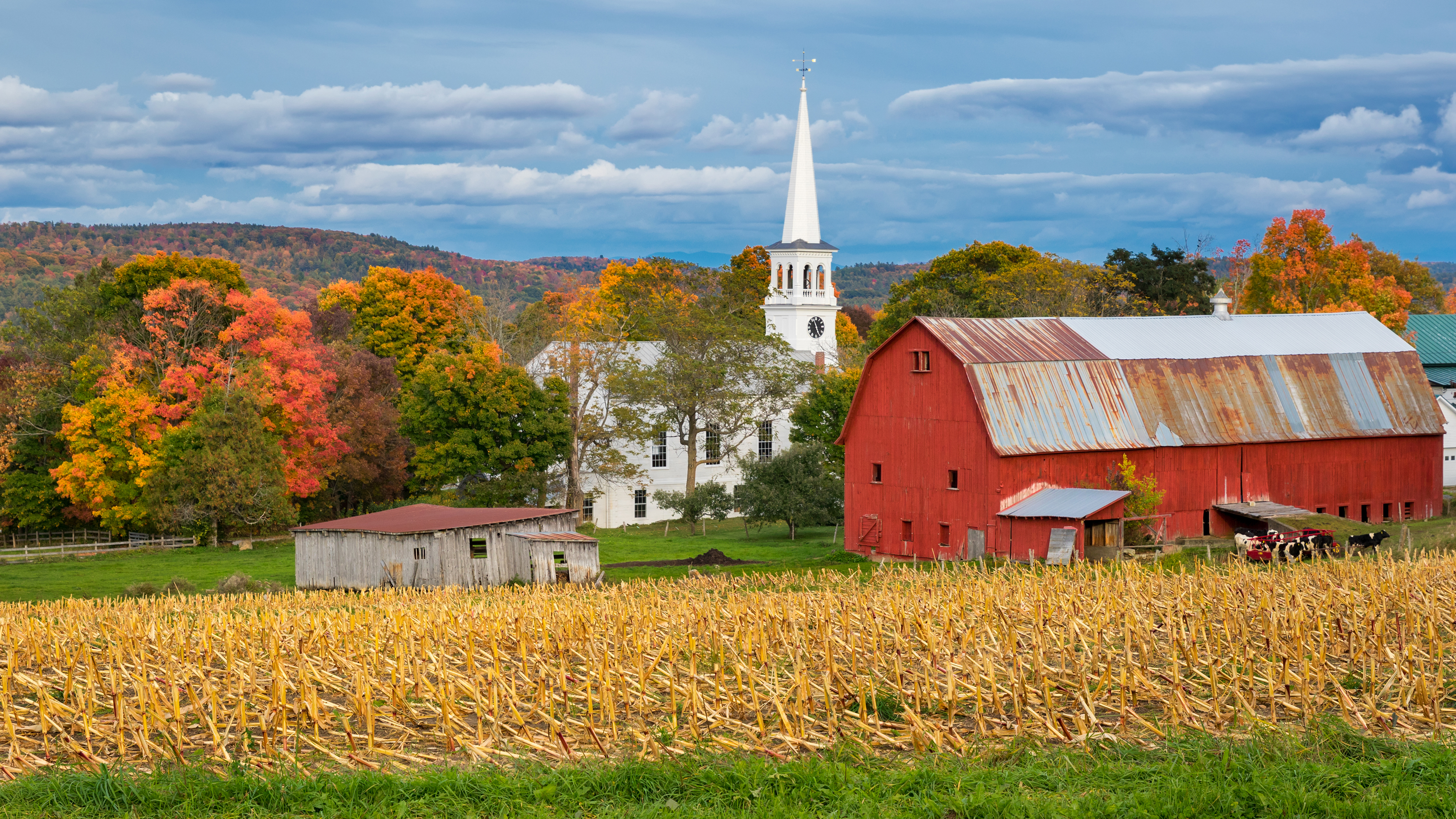 These are the safest states in America – perfect if you're looking for safety and tranquility
These are the safest states in America – perfect if you're looking for safety and tranquilityThese are the safest US states to live in, according to a new study
By Anna Cottrell Published
-
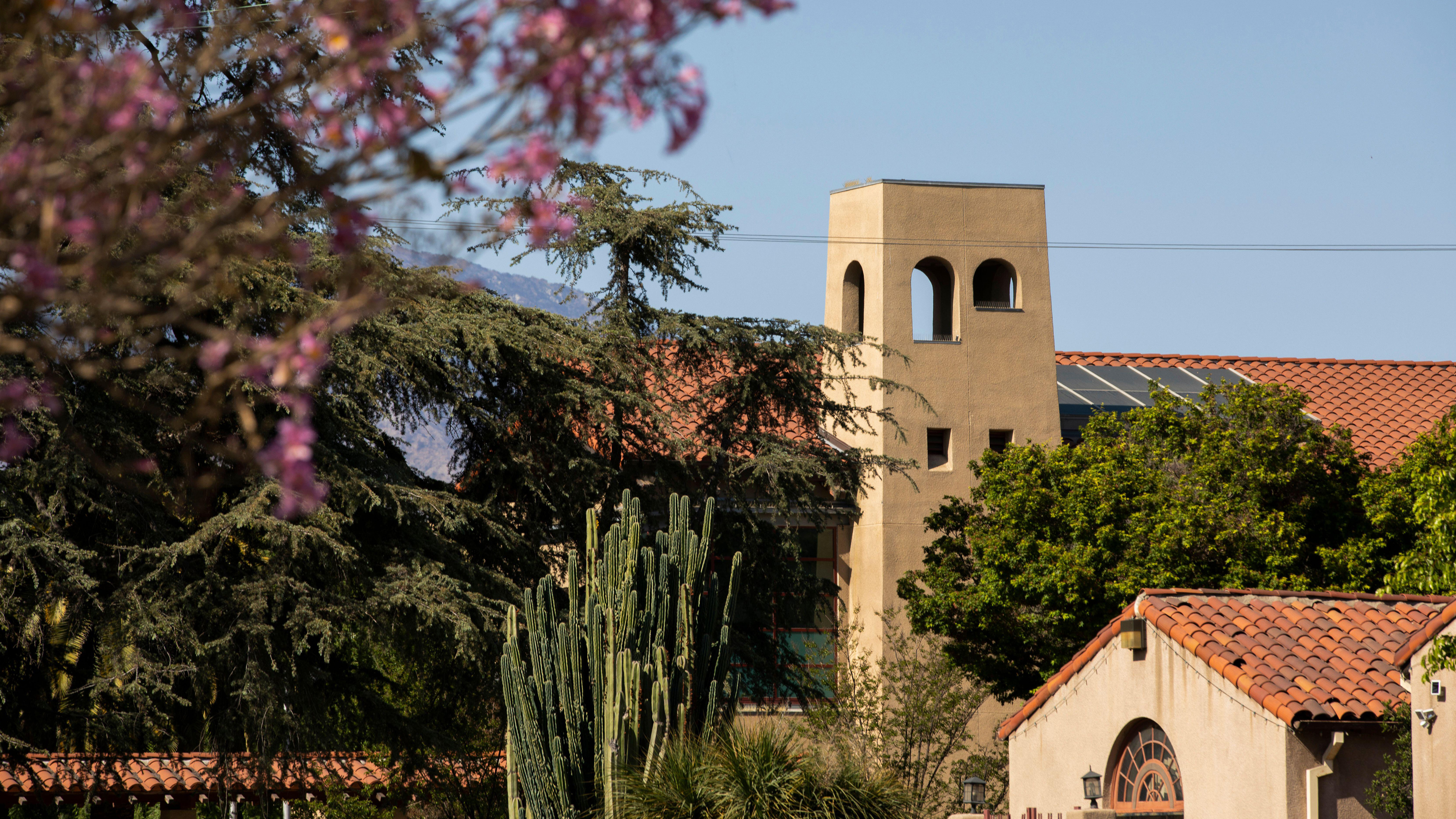 These family-friendly suburbs are where everyone is moving to post pandemic
These family-friendly suburbs are where everyone is moving to post pandemicIf you're planning a family move, check out these suburbs perfect for families
By Anna Cottrell Published
-
 A new report has revealed the happiest city in the US
A new report has revealed the happiest city in the USThis is one you'll want to add to your Zillow browsing list
By Anna Cottrell Published
-
 Downton Abbey just listed on Airbnb! Find out how you can stay at Highclere Castle...
Downton Abbey just listed on Airbnb! Find out how you can stay at Highclere Castle...Fancy a night living like Lord and Lady Grantham?
By Hebe Hatton Published
-
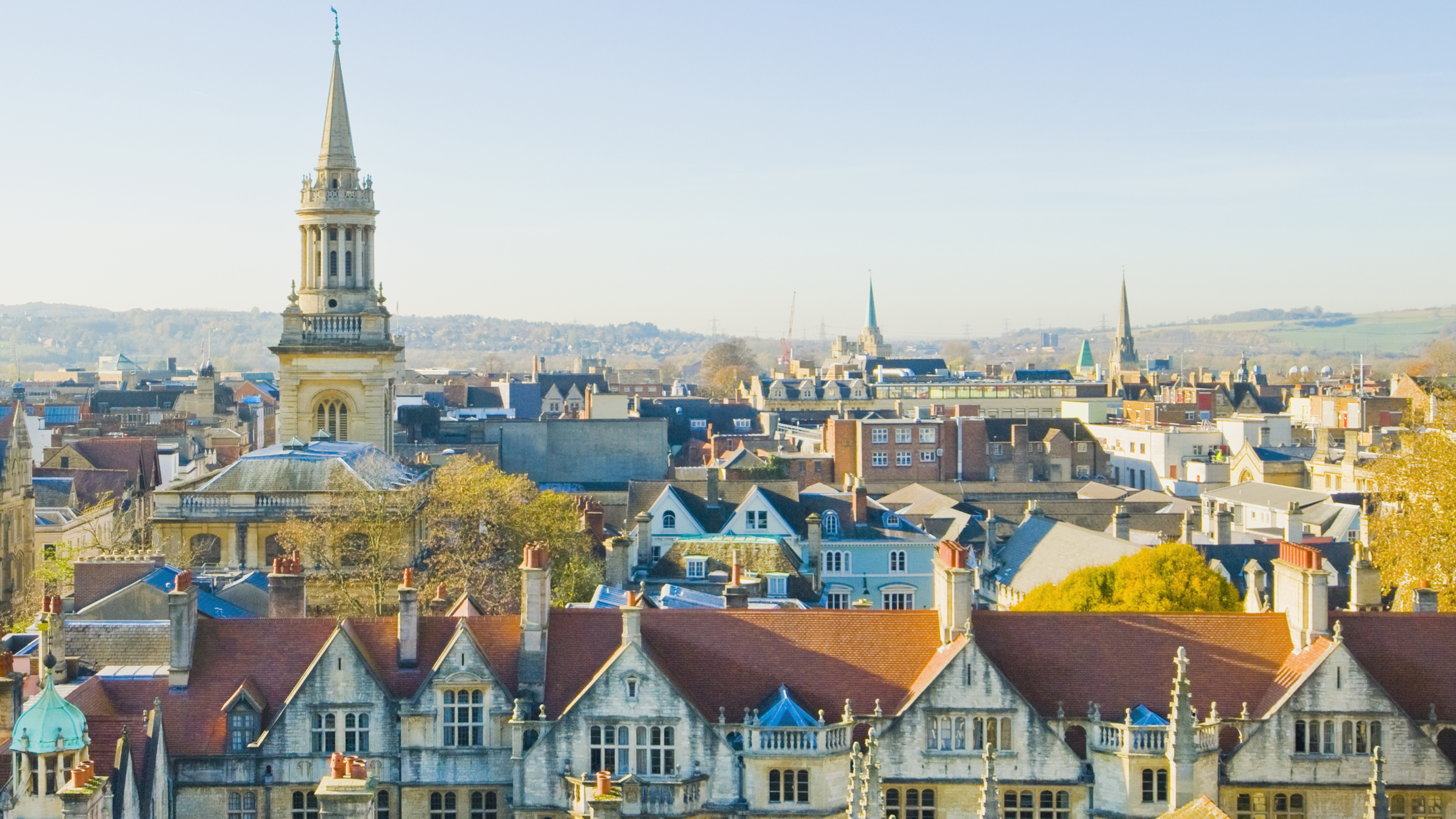 A decent commute makes us happier than having sex – but can you afford these fares?
A decent commute makes us happier than having sex – but can you afford these fares?Recent figures show that many popular commuter routes and rents combined are fast becoming too expensive for us to afford
By Anna Cottrell Published
-
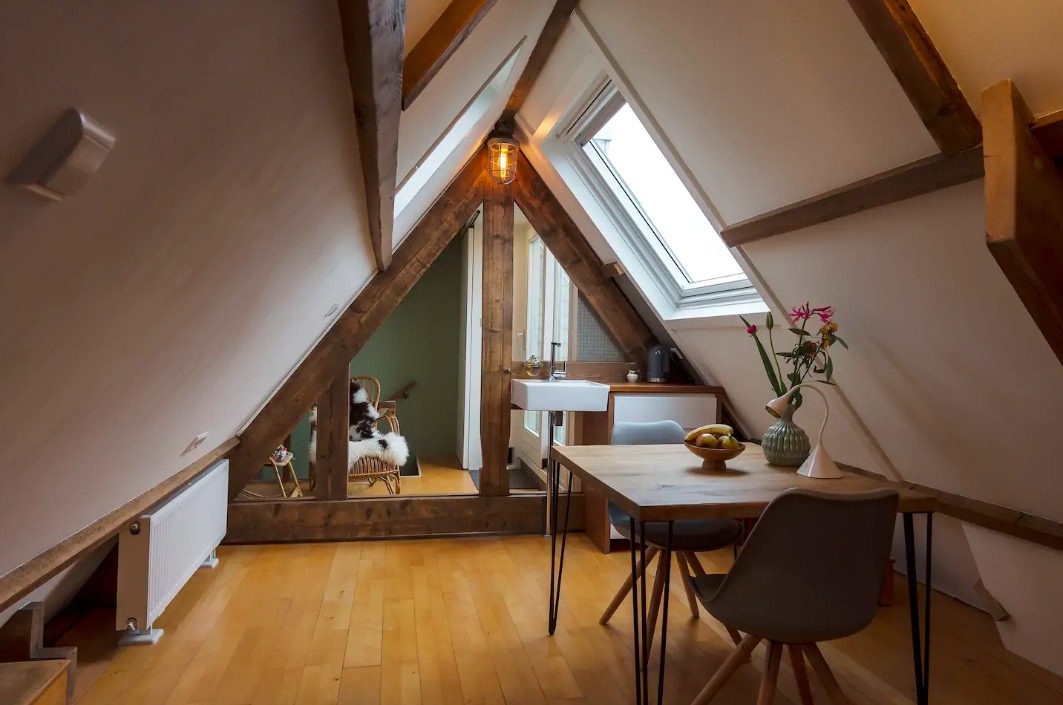 Airbnbs in Amsterdam: 5 gorgeous (and slightly unusual) places to stay
Airbnbs in Amsterdam: 5 gorgeous (and slightly unusual) places to stayCheck out these Airbnbs in Amsterdam and get inspired to plan your next trip...
By Hebe Hatton Published
-
 Cohabiting couples are the fastest growing family type, and couples wait just 19 months on average to move in
Cohabiting couples are the fastest growing family type, and couples wait just 19 months on average to move inThere are more unmarried couples living together than ever before, but the time it takes them to cohabit varies regionally
By Anna Cottrell Published